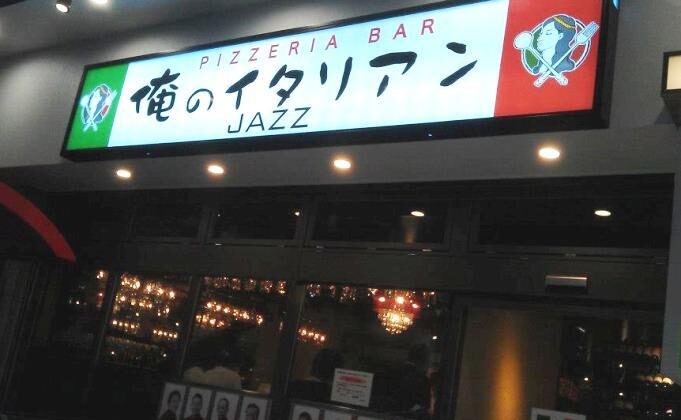I am passionate about food, and my friends frequently recommend restaurants and eateries for me to visit. When I heard about the Oreno restaurants in Tokyo offering Michelin-star quality at izakaya prices, I wondered how they managed it. How could foie gras, truffles, and lobster be available on the cheap?
First step: make sure the taste lives up to the reputation.
After diving into hefty servings of food and drink at two Oreno restaurants, I am beginning to see how Mr. Takashi Sakamoto, founder of used-book retailer Bookoff Corp., is transforming the industry with his innovative brand of tachinomiya, or “standing bar” eateries.

In online interviews, Sakamoto has insisted that he is in the business of offering happiness to chefs and customers. This is reflected in his innovative business model. Traditional food and beverage companies are concerned with streamlining operations and cost reduction, typically allocating only 30 – 40% of sales to procuring ingredients. Great for saving money, but this model inevitably breeds poorly paid employees in high-pressure working environments that stifle creativity and motivation.
Sakamoto re-invented the traditional F&B industry by creating a highly motivated group of employees who positively influence customer satisfaction and overall profitability. How does he achieve it? By allowing chefs to display culinary creativity. Unlike the traditional model, 60% of Oreno sales go to procuring high-quality ingredients. With 18 Oreno restaurants situated in close proximity to each other, Sakamoto is also able to exert bargaining power over suppliers for ingredient pricing and quality.
Oreno restaurants are able to maintain its profitability by leveraging on high customer turnovers. Customers only have a two hour dining limit in a standing environment, thus maximizing restaurant capacity and generating quick turnovers. In Oreno Italian, it is able to accommodate around 40 people with 4 customer turnarounds each night, thus generating around 160 customers per night and a total of approximately 5,000 customers per month. With an averaging spending of 4,000 Yen per person, the restaurant can generate sales of 20 Million Yen per month.

Oreno employee motivation is high, as they are able to embark on culinary adventures to satisfy customers to the best of their abilities. They are also rewarded for their hard work: approximately 25% of corporate profits are distributed to employees every 3 months. With this innovative business model, Sakamoto was able to lure Michelin star chefs from top restaurants all over Japan and expand his chain to 18 restaurants in Tokyo. He also has an upcoming outlet in New York.

With employees taken care of, customer satisfaction is achieved. Sakamoto has successfully created a chain of Michelin-quality food at affordable prices. The restaurants have a strong following among female diners, in particular, with reservations fully booked one month in advance and long queues outside the restaurants daily.

The next time you are in Tokyo, try to make room for a meal at an Oreno restaurants. The the queues will almost certainly be long, but the great food, prices, and lively atmosphere will more than make up for it.



